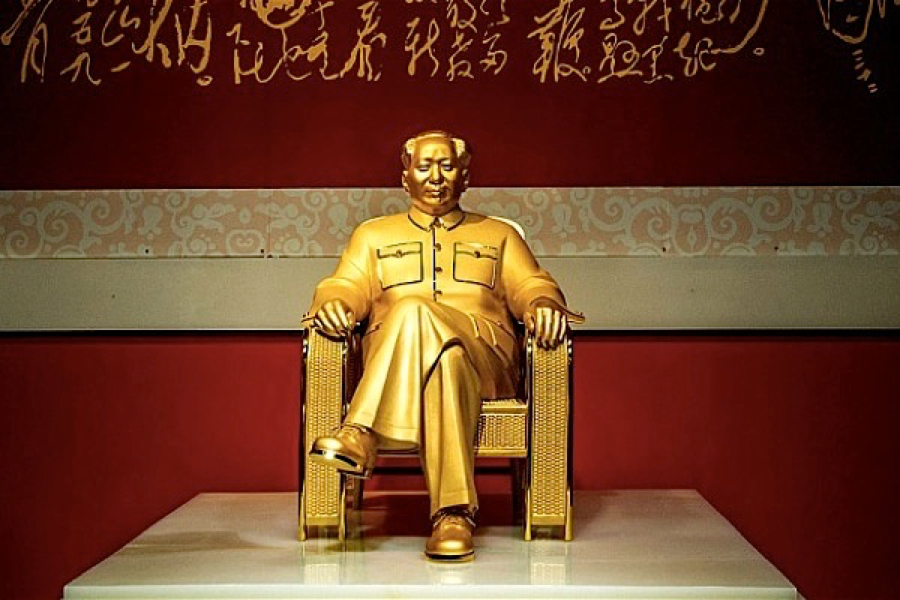
As far as China’s miners are concerned, the modern-day Silk Road is paved with gold.
Buoyed by a 15 percent rise in the gold price this year, Chinese mining executives in Tianjin this weekend were talking up their ambitions for overseas expansion.
In doing so they embraced Chinese President Xi Jinping’s Silk Road Economic Belt and 21st Century Maritime Silk Road, now being promulgated around the world as the Belt and Road Initiative, the geographical scope of which has not been precisely defined.
Song Xin, CEO of China National Gold Group Corp, told a session of the China Mining conference on Saturday that his company would “intensify exploration and capital allocation in Belt and Road countries”, which he said account for 80 percent of global gold consumption.
China National Gold has mandated its Canada-based subsidiary China Gold International Resources Corp, with making overseas acquisitions.
On China’s doorstep, in Mongolia and Central Asia, the company could deploy its proprietary technology for hard-to-extract reserves, Song said, calling on other Belt and Road countries to “enjoy the benefits” of mineral wealth together.
Investment in overseas gold projects is also a platform to promote the internationalisation of the yuan, he added.
Another state-run Chinese gold miner, Zijin Mining Group Co , is already generating half of its revenues abroad, said executive director George Fang.
Having embarked on a “go global” strategy in 2005, the company already has projects in three countries along the ancient Silk Road, Tajikistan, Kyrgyzstan and Russia, Fang said on Sunday.
Based in Fujian in southeast China, the starting point of the ancient maritime Silk Road, Zijin is also active in South Africa, the Democratic Republic of Congo, Australia, Papua New Guinea and Peru, he added.
Following Zijin’s lead, Shandong Gold Mining Co in April took a 50 percent stake in Barrick Gold’s Veladero mine in Argentina.
Emboldened by the moves of its peers, another Shandong miner, Zhaojin Mining Industry Co, has set a three-to five-year horizon to set out along the Silk Road and establish an overseas presence, according to its president, Li Xiuchen.
But he warned that the lessons learned from the environmental crackdown on mining practices within China should be applied overseas.
“If we cannot adhere to the environmental protection standards, we will not be able to do business there,” Li said. (Reporting by Tom Daly; Editing by David Goodman)